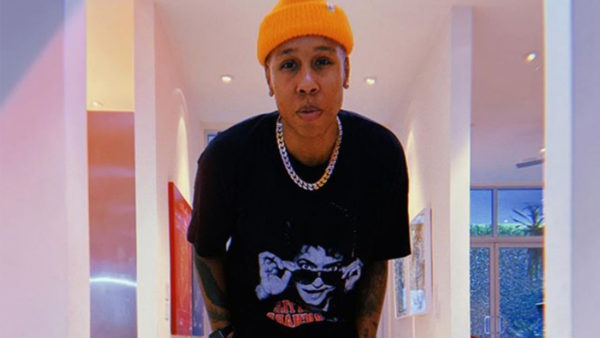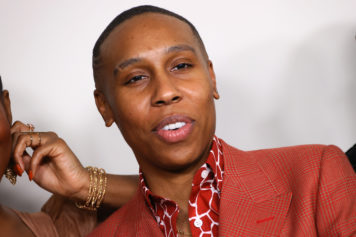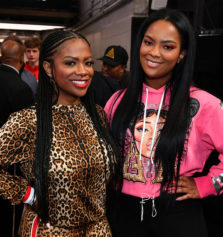Lena Waithe has thoughts on what it would really take to end systemic racism within the confines of Hollywood and the entertainment industry. In her opinion, consequences must be created and upheld.
From “The Chi” to “Boomerang” to “Queen and Slim,” the 36-year-old writer and actress has created and contributed to a breadth of work that screams “I’m Black, queer and proud.” These traits not only speak to her work, but also her experiences behind-the-scenes in the industry.

“For the most part I’ve had a really great experience in Hollywood,” Waithe told The Daily Beast. “But I’ve definitely learned when you’re not a white guy here you’ve got to really play chess. You’ve got to navigate it to do certain things. The business was a boys’ club for a long time. Now a lot of ladies are breaking down doors and making moves. There’s a power shift, a paradigm shift, happening. We’re in a transitional phase, like when you come out there’s that uncomfortablity.”
Known for being vocal about her views, the Emmy Award winner offered up her opinion on what she believes it would take to permanently dismantle racist structures that are deeply ingrained in America, but more specifically the entertainment industry.
“Integration had to be enforced. If it wasn’t, we would still be in a segregated country. We need our own form of integration laws in this town,” she told The Hollywood Reporter when asked her thoughts on the real actions Hollywood should be taking to address systemic racism. “I was talking to someone who suggested that if your writers’ room isn’t inclusive, you’re fined or it’s taken out of your budget. It should feel taboo to be on a set that is not inclusive.”
She continued, “If you are at a board meeting at a major network or a studio, and it’s not inclusive, you should feel uncomfortable. Until that is the feeling, we won’t make any change. The reason I’m pitching mandates, hitting people in their pockets, is because I know that’s what matters the most to people in this town. Money is power.”
Waithe further explained her viewpoint of the necessity for “mandates for inclusion” with actionable consequences, saying that the few success stories of minorities shouldn’t be used as a representative for the whole.
“The studios, networks and streamers all need to live by new rules, and if they don’t live by them, there need to be financial repercussions,” she wrote for Variety. “The studios need to greenlight a certain number of projects from Black people, brown people, people with disabilities, people who identify as LGBTQIA+ and other marginalized communities. Hollywood is nothing if not a mirror of America.”
Noting that strides have been made, and she’s proof, Waithe feels this is only the very beginning of the real change that could and should take place. “For me to be sitting where I sit now as a Black queer woman in this industry is progress. But the reality is I’m one of very few. I don’t want people to look at me, Issa Rae or Donald Glover, and say, ‘We’re good. We did it.’ “


